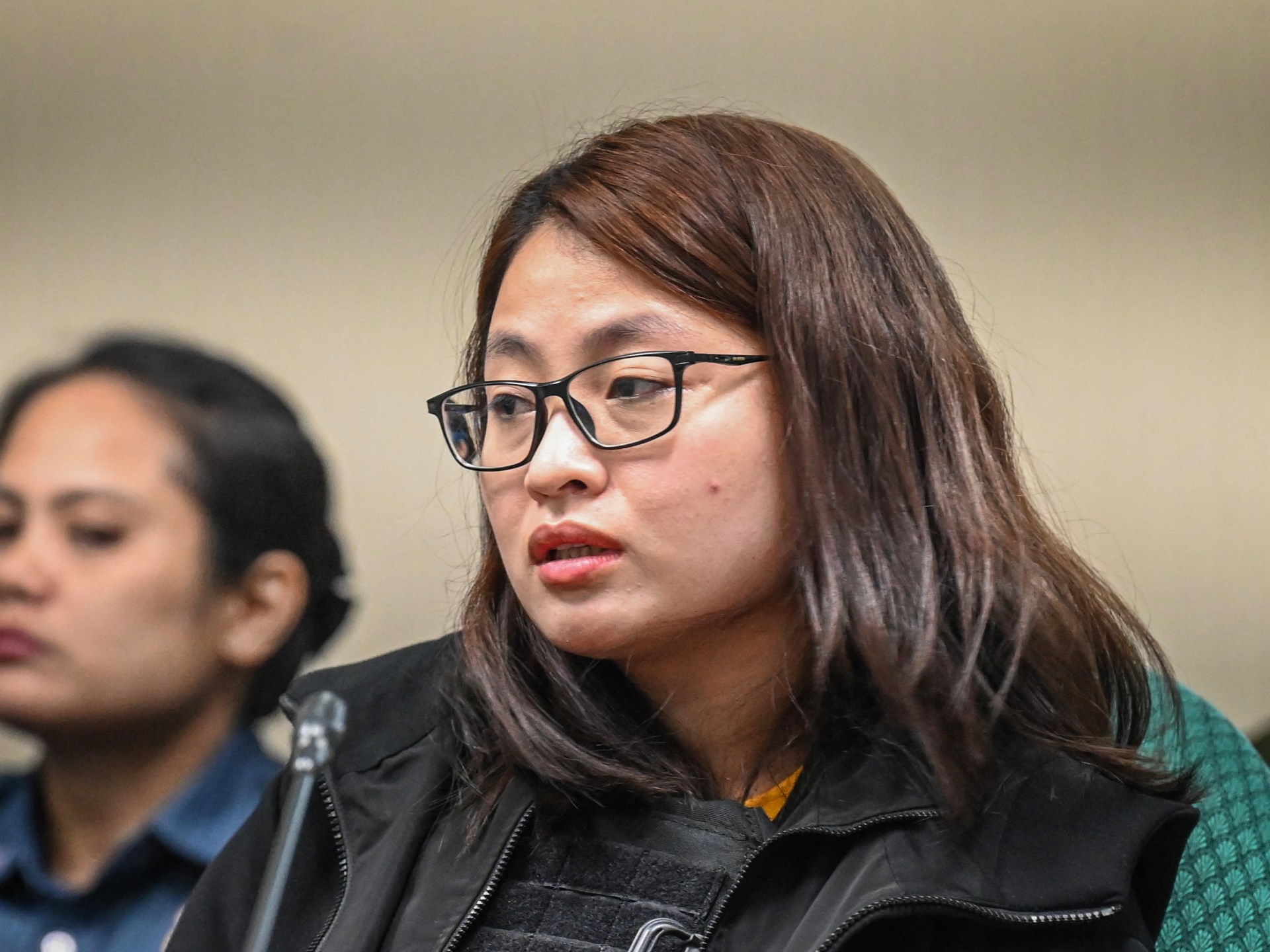Former Philippine Mayor Alice Guo Sentenced to Life for Human Trafficking & Running Chinese Scam Ring
 Philippines
Crime & Justice
Philippines
Crime & Justice

Former Philippine Mayor Alice Guo and seven others received life sentences for human trafficking and operating a Chinese-run online scam center. Guo, a Chinese
Former Philippine Mayor Alice Guo Sentenced to Life for Human Trafficking & Running Chinese Scam Ring
A Philippine court has handed down a life sentence to Alice Guo, the former mayor of Bamban, Tarlac province, along with seven co-defendants, for their involvement in human trafficking. Guo, a Chinese national who allegedly masqueraded as a Philippine citizen to secure public office, was found guilty of orchestrating a large-scale online scam operation linked to a Chinese-run gambling center. The verdict, delivered by a regional court in Manila, marks a significant moment in the Philippines' ongoing battle against sophisticated cybercrime syndicates.
The Conviction and Escape
State prosecutor Olivia Torrevillas confirmed the life imprisonment sentences, noting the swiftness of the court's decision, coming just over a year after the charges were brought. Guo, 35, had previously served as mayor of Bamban, a town located north of Manila, before her arrest in Indonesia in September 2024, following her escape from the Philippines.
Unearthing the Scam Operation
The elaborate criminal enterprise came to light in March 2024 when police raided a sprawling compound connected to Guo. This complex housed office buildings, luxury villas, and a large swimming pool, serving as the hub for the illicit activities. The raid was prompted by a Vietnamese worker who managed to escape and alert authorities. Investigators discovered over 700 individuals – including Filipinos, Chinese, Vietnamese, Malaysians, Taiwanese, Indonesians, and Rwandans – ensnared at the site, allegedly forced to conduct online scams targeting the public. Documents found during the raid reportedly identified Guo as the president of a company owning the compound.
A spokesperson for the Philippine Anti-Organised Crime Commission clarified that Guo and three others faced conviction for "organizing trafficking," while four other defendants were found guilty of "acts of trafficking" within the compound.
Ineligibility for Public Office
Adding another layer to the controversy, a Manila court ruled in June that Alice Guo, being a Chinese citizen, was never legally eligible to hold public office in the Philippines. This rendered her mayoral appointment and the entire municipal team void, as reported by Philippine broadcaster ABS-CBN. During legislative inquiries into her activities, politicians raised serious allegations, suggesting Guo was "not a Filipino but a Chinese national who skirted Philippine civil registry, immigration and election laws as an asset of the Chinese government."
Broader Implications and Call for Accountability
The conviction has been hailed as a crucial victory against corruption, human trafficking, and cybercrime by Philippine Senator Risa Hontiveros. She underscored the need for continued accountability from government agencies that failed in their duties and vowed to investigate the full extent of alleged Chinese intelligence operations within the country. Hontiveros issued a stern warning, stating, "And to all those who enabled Alice Guo’s criminal empire: the Philippines is not a playground for exploitation, infiltration and espionage. Accountability is coming."
This case highlights the pervasive issue of the cyberscam industry, which has flourished across Southeast Asia in recent years, particularly in Cambodia, Myanmar, and the Philippines. Thousands are estimated to be involved in these online fraud operations, with a United Nations report indicating that victims in the broader region lost up to $37 billion to online scammers in 2023. The conviction of Alice Guo serves as a powerful deterrent and a stark reminder of the global nature of these transnational crimes.